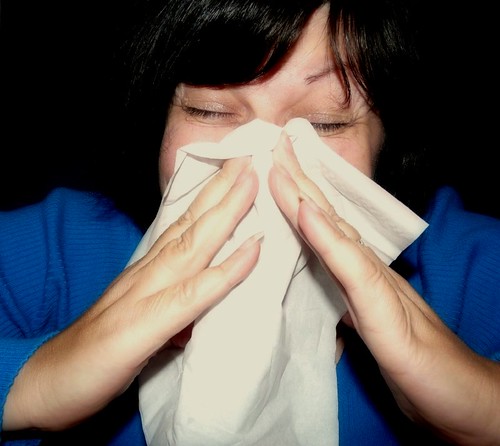We’re familiar with the famous saying of “home sweet home,” but home can only be sweet when it does not pose any risk to its occupants. Therefore, making your home habitable should be a top priority, and one of the ways to make this possible is to improve the indoor air quality (IAQ). The U.S. Department of Labor defines IAQ as the air within your home in relation to the comfort and health of the occupants.
However, for most homeowners, monitoring the indoor air quality seems to be less important because they think it’s safer inside. But according to the U.S. Environmental Protection Agency (EPA), the indoor air quality is between two to five times worse than it is outside. This shows the importance of keeping track of your home’s air quality. Read below on the effects of poor indoor air quality and the solutions to the problems.
Short- and Long-Term Health Effects

Pollutants such as sulfur dioxide can damage the respiratory tract and cause eye irritation. A damaged respiratory tract, for example, leads to short- and long-term health problems such as coughing, mucus secretion, headaches, breathing problems, reduced lung function, lung cancer, and death in the long run.
Reduced Life Expectancy
Reduced life expectancy and mortality rate is another cause of poor IAQ. The World Health Organization (WHO) confirmed that more than 7 million people die each year from the effect of poor IAQ. It shows that we should not underestimate the effect of poor air quality at home.
Risk of Allergies and Asthma
Poor ventilation aids moisture buildup, which leads to the growth of mold and bacteria. The disadvantage of these organisms is that they release toxins, which affect the indoor air quality. In turn, this can contribute to causing allergies and asthma if breathed in.
Destruction of Properties
Another effect of poor air quality at home is the destruction of properties. As mentioned, poor IAQ can aid moisture buildup, and this can damage electronic devices. Excess moisture can rust contacts in electronic devices, which can lead to insulation resistance and cause short circuits.
Simple Ways to Improve Air Quality at Home
Now that you know the effect of poor IAQ both on lives and property, it’s important to improve the quality of air at home.
A damaged HVAC system causes poor ventilation, which pollutes the indoor air. Therefore, to improve the natural air circulation at home, it may be necessary to repair your home’s HVAC system. It’s recommended you contact an HVAC specialist to assist you with this task, as he or she will determine the proper measures to fixing your unit, or alternatively, upgrading your HVAC system altogether.
In addition, consider installing an air cleaner for your home. This helps to filter out the toxins that molds, bacteria, and gaseous pollutants cause to pollute the air at home.
Your home’s air quality is not only important to make you comfortable but also to help improve the quality of your life and to protect your property. Therefore, be vigilant about the quality of air at home. However, if you discover any problem with your home’s HVAC, contact experts to render their service.
